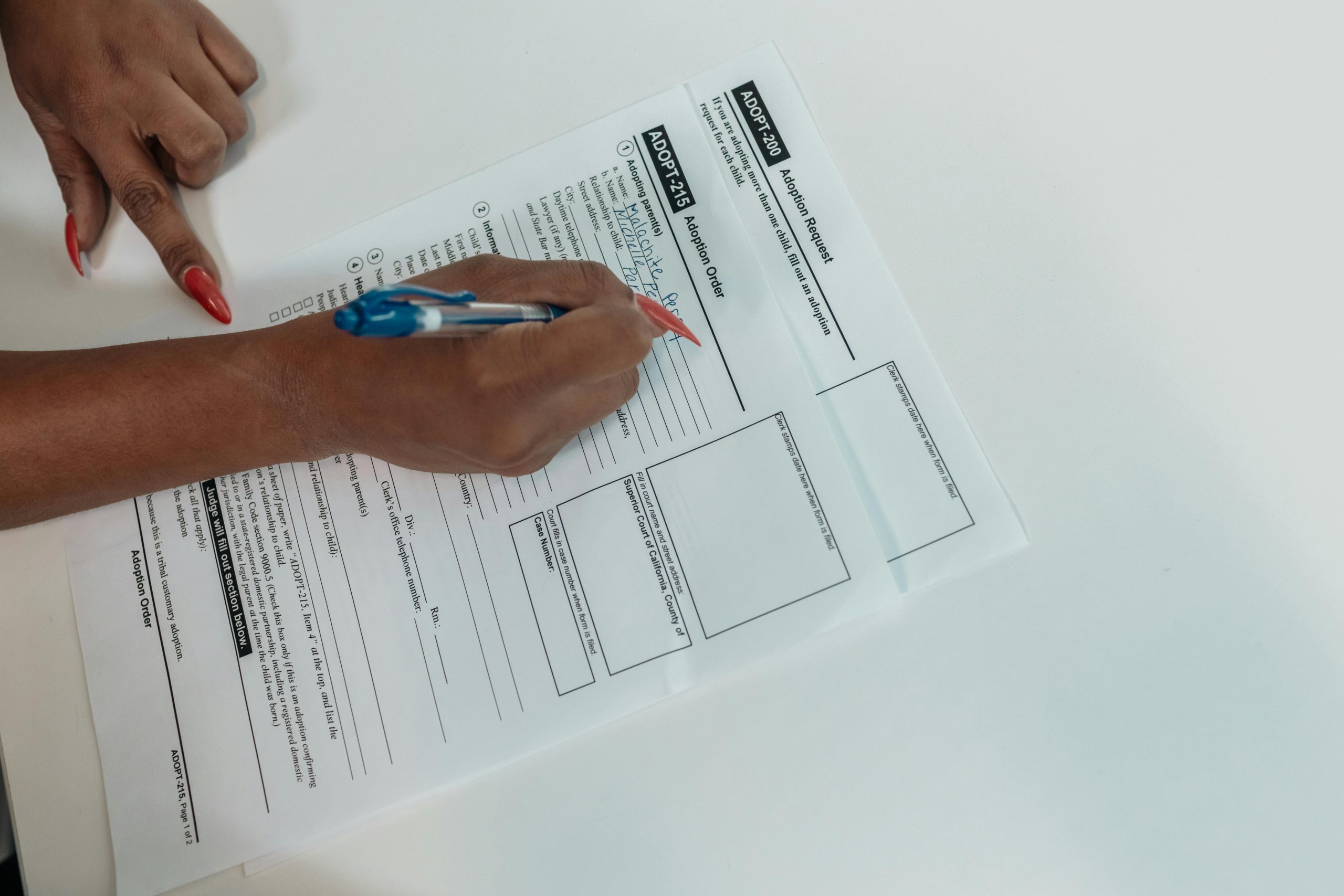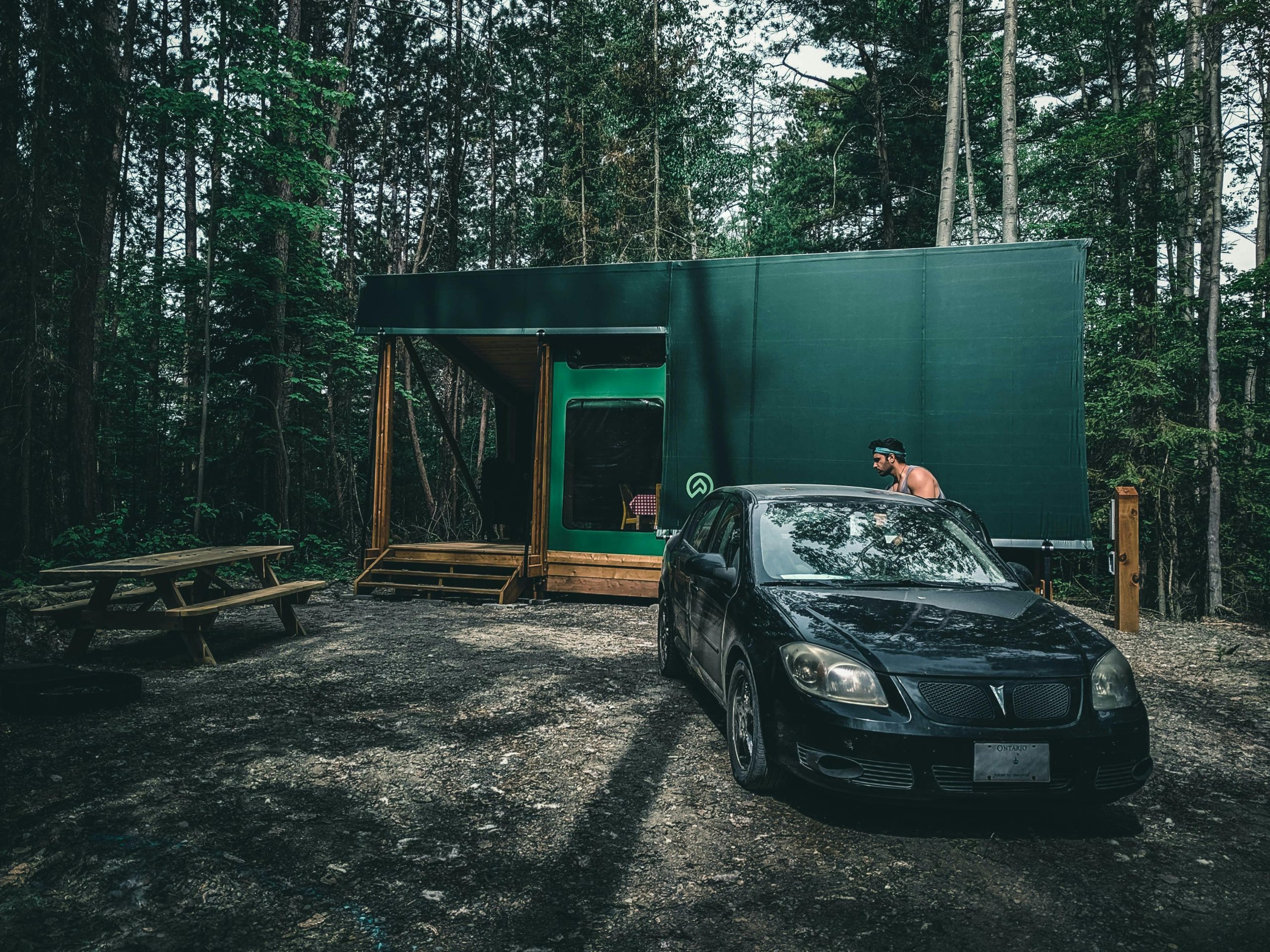Understanding Liability and Insurance When Vehicles Collide in Your Driveway
Dealing with driveway vehicle accidents can be a perplexing experience, especially when it involves unoccupied vehicles. Many homeowners wonder: Who is responsible? Should homeowners insurance or auto insurance cover such incidents? Let’s explore a real-world scenario to shed light on how these situations are typically handled.
A Personal Experience with Vehicle Collision in a Residential Setting
Imagine living in a Detroit suburb, in Wayne County, Michigan, with a peaceful driveway that recently became the scene of an unexpected accident. A 2017 Ford Expedition, fully paid off and insured with broad collision coverage, was parked in the driveway. Meanwhile, her son, a 20-year-old with his mother’s insurance policy, was driving a project truck— a vintage 1974 Ford F100— into the driveway.
After parking on an incline, he exited the truck, locking the door behind him. As he walked away, the door unexpectedly swung open and caused the truck to roll backward, colliding with her vehicle’s front corner. The impact resulted in considerable damage: a flat tire, bumper damage, cracked headlight, and potential harm to aftermarket wheels and suspension components. Her vehicle’s estimated repair cost exceeds $12,000, far above the $1,000 deductible on her collision coverage. Conversely, the truck only sustained minor scratches.
Liability and Insurance Dilemmas
One pressing question arises: Who bears the responsibility in this scenario? Even though the son had exited the truck, the key point is whether he was still within control of the vehicle at the time of movement. Generally, if a vehicle moves without driver input— even momentarily— liability can be attributed to the owner or operator.
Given that her insurance policy includes broad collision coverage, it is likely to cover the repairs, minus the deductible. However, the question regarding the truck’s insurance is more nuanced, since the damage was minor and the vehicle is legally insured and registered. The incident may be considered the owner’s responsibility, but this varies depending on specifics such as whether the vehicle was properly secured.
Homeowners Insurance Considerations
Homeowners insurance typically doesn’t cover damages caused by vehicle accidents— unless there’s an exception, such as liability coverage stemming from a covered event. In this case, since the damage was vehicle-related, auto insurance is generally the appropriate coverage to address the damages.
Potential Financial Outcomes
From a financial perspective, the damage to her Expedition likely exceeds her $1,000 deductible



